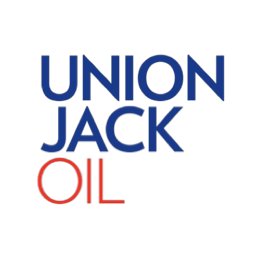Oil markets stirred at the start of the week after Donald Trump’s surprise suggestion of punitive tariffs on countries purchasing Russian crude. While prices nudged higher, traders remain cautious, weighing whether the former president’s rhetoric marks the beginning of a serious policy shift or yet another dramatic flourish. The implications for key buyers like India and China could be seismic if this threat gains traction.
Oil prices climbed on Monday after Donald Trump floated the idea of imposing a 25% to 50% tariff on any country importing Russian oil. Although this triggered modest gains in crude benchmarks, market participants appeared hesitant to fully price in the impact, awaiting more definitive action. Brent crude for June delivery rose by 69 cents to reach $73.45 a barrel, while U.S. West Texas Intermediate increased by 68 cents to hit $70.04.
The muted reaction reflects growing market fatigue with geopolitical pronouncements lacking policy follow-through. According to Warren Patterson, Head of Commodities Strategy at ING, traders are increasingly desensitised to Washington’s tariff and sanctions rhetoric, waiting instead for concrete measures before adjusting positions.
China and India, the two dominant importers of Russian oil, hold the keys to whether Trump’s threat could meaningfully disrupt Moscow’s export channels. India, now the largest seaborne buyer of Russian crude, has steadily increased its dependency, with Russian shipments comprising around 35% of its total imports in 2024. Any pressure on New Delhi to cut back would significantly escalate geopolitical and market tensions.
India’s oil ministry has already signalled a shift, indicating in February that its refiners would avoid oil transported by U.S.-sanctioned entities. This reduces the pool of available Russian cargoes and may force Indian refiners into tighter sourcing strategies. Meanwhile, Chinese state oil giants like Sinopec and Zhenhua Oil have pulled back from Russian supplies, reportedly in response to intensifying U.S. sanctions pressure. Despite this, private Chinese traders remain sceptical of Trump’s threat, with many viewing it as posturing rather than policy.
One Chinese trader cited Trump’s unpredictability as reason for caution, saying it’s hard to gauge how serious the threat is. In India, a refinery executive noted that the remarks added a layer of uncertainty for refiners already committed to purchases for the coming months. The comment also cast a shadow over long-term planning, complicating procurement strategies in an already volatile environment.
China’s Foreign Ministry reiterated its stance on Monday, asserting that its energy cooperation with Russia remains independent and unaffected by external interference. This signals Beijing’s intention to maintain strategic autonomy in its energy dealings, even in the face of renewed Western pressure.
In summary, while Trump’s latest threat has yet to manifest as policy, it has revived tension in an already sensitive oil market. If followed through, it could reshape trade flows, squeeze Russian exports, and further fragment global energy alliances.
Union Jack Oil plc (LON:UJO) is an oil and gas company with a focus on onshore production, development, exploration and investment opportunities within the United Kingdom and the United States of America hydrocarbon sector.

